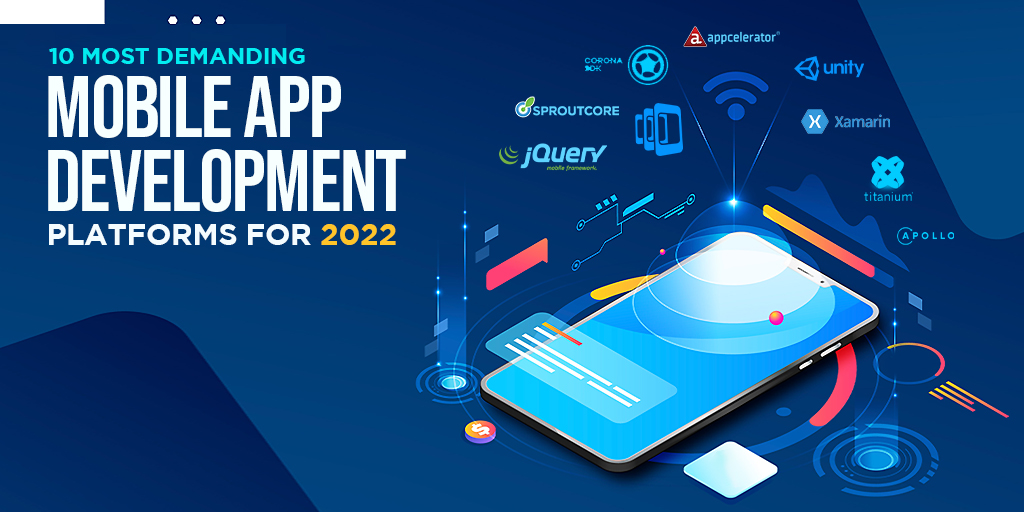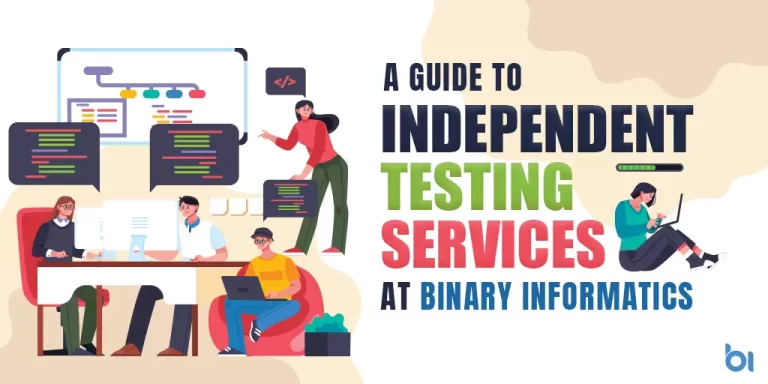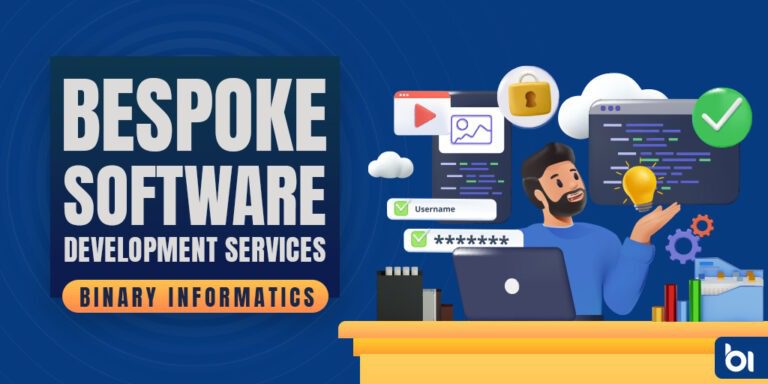In this article, we will discuss the benefits of using mobile app development platforms and ranking the five best mobile app development platforms for 2022 & beyond. After reading this article, you will know which platform suits your app development needs!
While there are many app development platforms, most of them focus on the development of mobile apps and mobile games. For this reason, we have selected the: –
Table of Contents
ToggleTop 10 mobile app development platforms
#1. Unity
Unity has been around for a while. Since 2007, it has topped the list of the most popular game engines. Unity Engine is a platform for the development of mobile applications on a transverse platform for the construction of 2D, 3D, and mobile games.
It is primarily used to build games and 2D/3D applications for various mobile and desktop platforms. The engine comes with a plethora of features, including physics, animations, audio, and shaders. It enables developers to use C# to develop, test, and deploy their games, applications, or other projects.
#2. Appcelerator
Appcelerator is a company that focuses on building cross-platform mobile app development platforms. It works by using the Unity game engine, so you get a game development experience on your mobile device.
You can also use this platform to build iOS and Android applications. One of its advantages is that it comes in as an add-on to Unity, which makes things pretty easy to understand and understand.
However, this platform does not have native iOS and Android development capabilities.
Read Also: Mobile App Development for Start-ups | Binary Informatics
#3. PhoneGap
PhoneGap is a cross-platform mobile app development platform/framework. You can use it to build applications for iOS, Android, and Blackberry phones. There are two ways to develop your applications for this platform.
You can develop the app natively using Objective/Swift or JavaScript, or you can use one of the PhoneGap APIs to access specific features.
The reason why you should consider using this framework is that it supports all three of the major platforms out there and allows you to develop in different languages and then deploy in just one click.
#4. Xamarin
This tool is similar to PhoneGap. However, it is a code language in which you can develop iOS and Android apps. In this case, you can use C# or F# to develop your applications.
It has a similar feature to PhoneGap in that you can use a lot of third-party APIs to add functionality to your application. It also allows you to use some HTML5 features in your applications, which is not possible with PhoneGap.
Another important thing to remember is that Xamarin is managed code. It means that it will allow you to develop your code and share the application source code with your developers.
This means that you won’t have to deploy the source code to your developer’s machines and, therefore, you don’t have to worry about your app’s code getting into the wrong hands.
#5. Corona SDK
This is a tool that is used for creating games. It lets you create games for iOS and Android, and you can also create cross-platform games if you need to support both platforms. It has a set of tools that allow you to create games.
In this case, you can create native or web apps that run on mobile devices. It has a simple workflow that allows you to create and publish your games.
However, the major downside of this tool is that it will cost you. On the other hand, if you need to create a web application and want to use it for Android or iOS, then Corona SDK is a good tool for you.
Read Also: How to Choose the Perfect Mobile App Development Platform?
#6. SproutCore
SproutCore is a set of tools that are used for developing mobile applications that run on Windows Phone, iOS, Android, and Nokia. It is built using Node.js, so you can use JavaScript to build your app.
It also has a modular architecture, so you can extend your application by developing modules that make use of different features.
#7. Titanium
Titanium is a set of tools that are used for building mobile apps. It works by using HTML5 and CSS3 for developing your app. You can develop iOS and Android apps and also deploy them on various other mobile platforms.
You can also build mobile apps that use HTML5 for Windows Phone. It has an integrated workflow that allows you to create a web app and a native app in one go.
# 8. jQuery Mobile
This is a mobile platform that is based on jQuery. It was developed by Nitobi, a company that focuses on making mobile development easier for developers. You can use it to build websites, native mobile apps, or hybrid apps. For hybrid apps, it supports both PhoneGap and Cordova.
It has a feature that lets you create mobile web apps that are run natively on iOS, Android, and Windows Phone.
It also has an in-built editor that will make creating mobile apps very easy. However, you will need to use HTML5 and CSS3, and JavaScript.
#9. AppMaker
AppMaker is a set of tools that you can use to build mobile apps. It is used by companies that want to create apps for iOS, & Android. It also supports the building of hybrid apps. AppMaker can be used to build both web apps and native applications.
It has some features that you may not need. For example, you can create hybrid apps with code written in JavaScript and partially written in HTML5. However, it is always recommended to talk to your developer and get more details on the features they will need in your applications.
Read Also: Why Native App Development is the Future of Your Business
#10. Apollo
Apollo is a mobile development framework that has come a long way. For most startups and small businesses, it is much more cost-effective to stick with an app that already has a user base and is popular than to build your own.
Apollo is a very powerful framework because it gives you access to GraphQL which makes it easy to fetch data from your database and display it in your apps.
Conclusion
All in all, there is a reason why these mobile app development platforms are at the top of the list. Each has their advantages and disadvantages. React Native, for example, allows you to work with React, which is a great starting point. But, it’s more difficult than other frameworks, and will require a bit more time to get started.




